BEIJING, July 29 (TMTPOST) -- Zhang Mengwei, 42, has tried very hard for four years in order to have a baby.
“If I could trade all I have now for a baby, I would,” she said. Zhang and her husband are now having a healthy lifestyle: running at least five kilometers and working out for 90 minutes per day, going to bed early and shying away from food delivery. In order to eat right, they even rented a plot in the suburbs of Beijing to plant organic vegetables.
 (资料图片仅供参考)
(资料图片仅供参考)
In 2018, she was told by a doctor that “it’s a mission impossible” for her to have her biological kid. In 2019, she embarked on the in-vitro fertilization (IVF) journey, during which she had 13 procedures, four miscarriages, one early termination of the fetus, five egg retrievals and three embryo transfers.
There are about 40 million couples in China with reproductive difficulties. Many of them try IVFs and are faced with physical and psychological challenges.
Surgical needle moving in my belly like a drillZhang, born in Inner Mongolia in 1980, poverty was the hallmark of her childhood in her memories. In the freezing winter of the Mongolian Plateau,the interior wall of her home had a 10-centimeter ice layer. Zhang’s childhood memory of the winter was mainly about her mom using a spade to remove ice off the wall. “There was never enough food. We had only potatoes, no wheat flour,” she recalled.
After graduating from high school, Zhang was admitted into a top university in China. She came to Beijing to work after receiving a Master’s degree in 2008. At the age of 32, she got registered as a permanent Beijing resident, married and bought an apartment in Beijing. In 2015, she set up her own company.
She learned from her previous experience that it required great efforts to realize her goals. However, she found that she could not get pregnant no matter how hard she tried.
In 2018, Zhang was 38. After a medical checkup that year, a doctor told her that she could not get pregnant and have her biological kid.
Upon hearing it, Zhang was petrified. It was a sweltering July day in Beijing but she felt icy cold. Her life became grey suddenly and she did not know what to do next.
Later on, she went to many hospitals and had Chinese herb medicines. She also had a diagnostic hysteroscopy checkup and a procedure to clear her oviduct blockage.
In 2019, she had four natural pregnancies but next four miscarriages. One pregnancy went as far as three months and then it stopped. The test result showed the cessation was because of placental chromosome abnormalities. Given her advanced maternal age, the doctor suggested her to try an IVF.
IVF is a form of reproductive technology or a fertility treatment, during which eggs are combined with sperms in a lab to grow into embryos. The embryos would be implanted to the womb of the woman until the birth. An IVF fertility treatment process is about two to three months.
Normally a woman releases one mature egg per month. But the IVF technology helps a woman to release several to even dozens of mature eggs thanks to hormone injection, which increases the chance of conception significantly.
In November 2019, Zhang had her first IVF treatment. The doctor took 13 eggs from her body to form eight zygotes and two embryos. However, the embryo transfer was unsuccessful.
Zhang believed that the failure of the transfer was because that her body was not ready for it. Since then, she and her husband began a disciplined life. They went to bed by 11 pm, exercised at least 90 minutes per day, ran for 5 kilometers per day and jumped the rope for 3,000 times per day. They also had two acupuncture treatments per week. The no longer had take-out food, cakes or any coffee. They ate nutritional complements.
In order to have vegetables without “pesticide residue”, they rented three vegetable plots. They picked up vegetables each month.
Zhang and her husband are picking vegetables in the suburbs of Beijing.
While getting her body ready for a pregnancy, she had to endure physical pain.
Every time before an egg retrieval procedure, she needed to have 30 injections during 10 days to 15 days. “The injections are hormones. My belly is like a sieve after too many injections,” she said.
However, the most painful step is to the egg retrieval procedure.
The doctor used a 35-centimeter surgical needle to go through her vagina to retrieve eggs from her ovary. Zhang chose to have the procedure without an anesthetic. Because of that, she could feel the pain clearly. “It feels like a huge drill penetrating my belly. I even felt the drill touching my lung. Then I could not breathe,” she said.
Zhang suffered silently, without crying or making any noise. If she talked or made any noise, the clarity of B-mode Ultrasound image would be less.
If the egg was not in a regular place, the retrieval could be even more painful.
If everything goes right, the egg retrieval procedure is usually completed in 10 minutes. But sometimes accidents happened. “A friend of mine bled a lot after her doctor cut a blood vessel of her ovary during the retrieval,” she said.
Too many egg retrieval procedures are likely to cause a negative impact on the health of a woman. Wang Aiming, the director of the Assisted Reproduction Center of the Navy General Hospital, told TMTPost that a larger amount of hormones injected during the process may stimulate the ovary excessively and next cause ovarian cysts or even blood clots.
A friend of Zhang had breast cancer after her IVF process. Zhang had uterine fibroids during her fertility treatment and she suspected it may be linked to long-term injection of hormones.
No one can tell me if I can have a baby“Actually physical pain is bearable. It is not a problem. I am over 40 and to me bleeding or injection is not a big deal. But psychological agony is too much for me,” she said.
Zhang had four miscarriages in 2019 and one early termination of the fetus in 2020. As of July 2022, she had five egg retrieval procedures, three transfers. In total, she had 13 surgical procedures.
In the first 42 years of her life, all her surgical procedures were just for one purpose: having a baby.
She could not even know the exact reason for the failures. It could happen in any step of the IVF process from the fertilization to the implementation.
“I wish some one could tell me if I can have a baby. If I can, I will spare no efforts. If I cannot, I will stop. But no one told me. Even God has not told me,” she said.
Compared with women of her age, the number of Zhang’s mature eggs per month is above the average but the quality of her eggs is not good. God gave her some hope first and despair next, she said.
She was trapped in a net woven by “hopes” and “despair.” With uncertainties, come anxiety and perplexity. Should she continue to invest more money and energy in it or stop loss now?
She has spent over 300,000 yuan (US$44,700) for IVF treatment on her own because the Chinese government-backed medical insurance program does not cover IVFs. With the high sunk costs, she does not want to give up. “I have been working on it for years. I hope there will be a result,” she said. She set a deadline for it and it is 2022.
“But a person’s bottom line can be stretched. Last year I thought it was the final year. But this year, I gave myself one more year,” she sighed.
She once thought the IVF process was a shortcut, which could change her life once and for all. Later, she realized that the IVF process is just a boost. “If you are old, the quality of eggs or sperms is not good. Then IVFs cannot help a couple achieve their baby-making dream,” she said.
She shared her experience on social media. She got many negative comments. “You look old and ugly!” “Are you 40? You look like 50!” “Don’t try test tube baby! When your son or daughter is 20, you are in your 60s! You are making him or her feeling bad!”
Zhang said those comments made her feel badly hurt. She used to believe that age was not a restriction on life. But now she feels that there is a huge gap between her and her baby.
About 300,000 babies were born each year in China. As of December 31, 2020, there were 536 medical institutions in China with approved assisted reproduction licenses, about 90% of which were public hospitals.
”In China, there are not many hospitals with assisted reproduction licenses. Hospitals are often overwhelmed with patients. With so many patients, doctors are less likely to check each patient and provide customized fertility treatment,” said Zhang. Zhang revealed that no doctor ever sat down with her to explain what went wrong during her IVF process. “All I can do is to keep trying,” she said.
Unsure of the futureThe IVF process seemed to become part of her life. If she did not go to several hospitals in a week or a month, she would feel something was missing. She said she was either in a hospital or on the road to a hospital.
She visited different hospitals partly because her doctor worked in a few hospitals and partly because the hospital where she was treated did not have all the departments the IVF process required.
In China, the first step of the IVF process is a medical checkup. It takes about half a month. After that, it is the fertility treatment. During the fertility treatment cycle, Zhang spent about a week in hospitals every month. In addition to egg retrievals and transfers, there were blood tests, B-scan and hormone injections.
On the day of her visit to a hospital, she had to get up at 6 am and left home at 6:30 am. She arrived at the hospital at 7:30 am and started a blood test immediately. Then she waited in a line for B-scan and had the B-scan at 10 am. At 11 am, she got her blood test results. She brought blood test results and B-scan images to the doctor and got medication advice.
There were always long lines outside the doctor’s office. If she could see a doctor before noon, that would be lucky. Then she could pay the fee before the lunch break and get drugs.
However, if there were many patients, she could not pay the fee by noon. Then she had to wait until 2:30 pm when the fee payment window opened after the lunch break. The she got drugs after 2:30 pm.
In an ideal day, she could finish by 12:30 pm and go back to her company by 2 pm. She would work all the way to 8 pm.
Zhang is working while waiting in the out-patient lounge of a hospital in Beijing.
Some friends have quit jobs in order to get fertility treatment. Some even rent a place near the hospital.
Zhang tried to balance her work and the IVF treatment. On her way to the hospital, she would carry a laptop, a lunch box and an ice bag with drugs. “Three bags weigh over 10 kilograms,” she said.
At the hospital, she ran between the out-patient lounge, the fee payment window, the pharmaceuticals and the doctor’s office. While she waited for the blood test results, she opened the laptop to work.
“Even if I am pregnant this year, I would be in my 70s when my kid is in her or his 30s. I dared not to think about it. All I need is to finish what I need to do now,” she said.
关键词: English


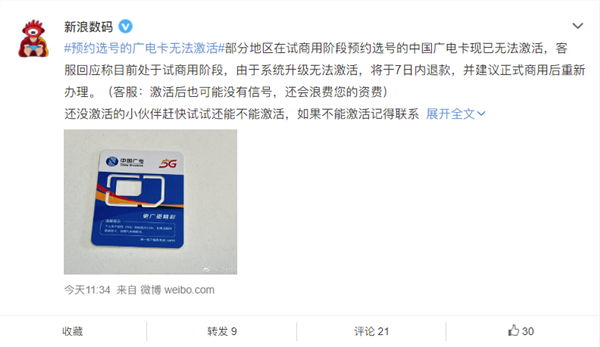


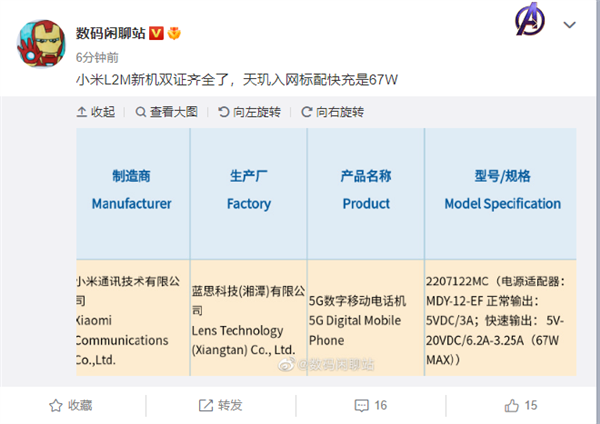
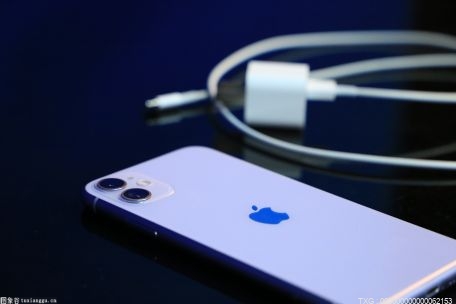
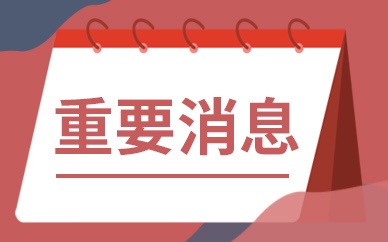

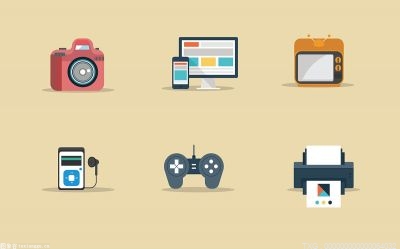


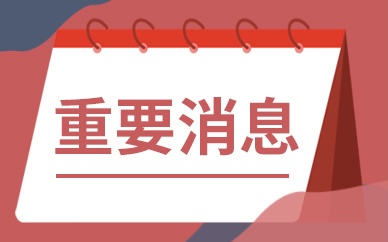
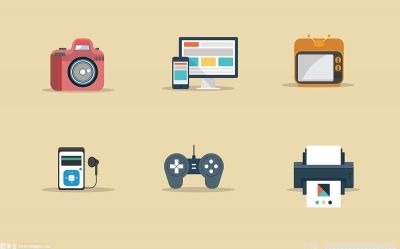
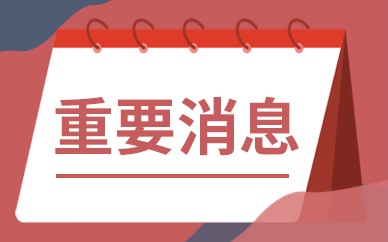



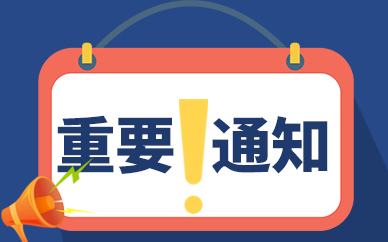
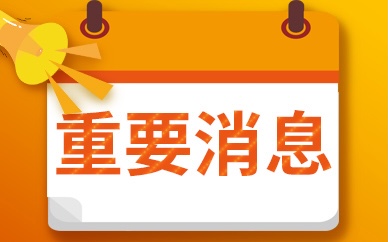


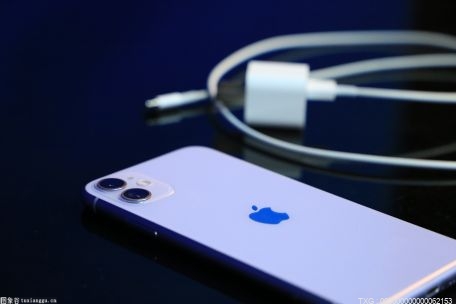
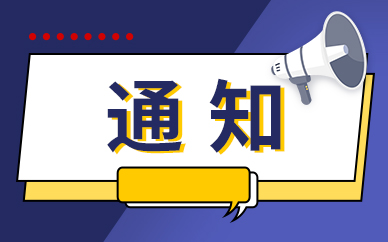

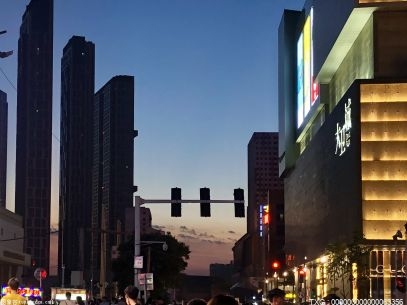

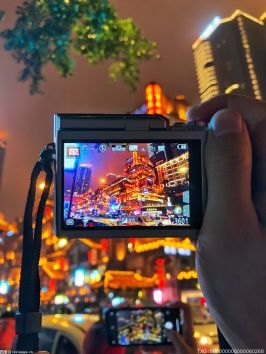



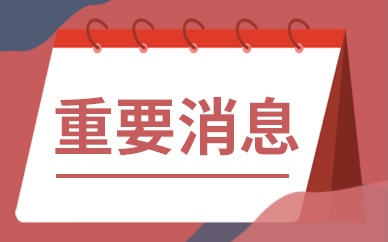

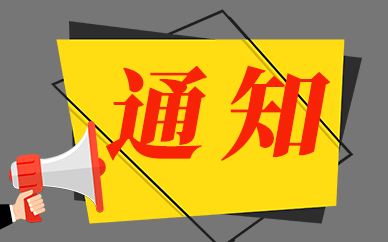
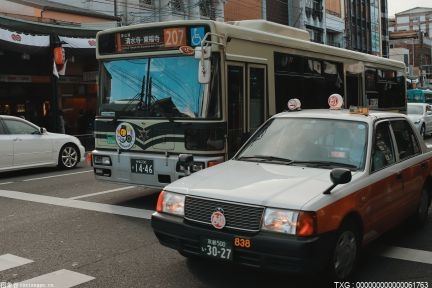
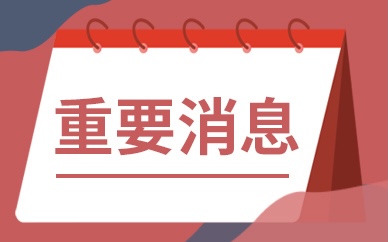









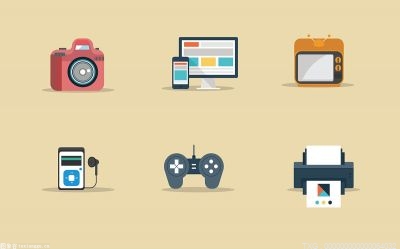











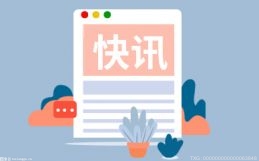
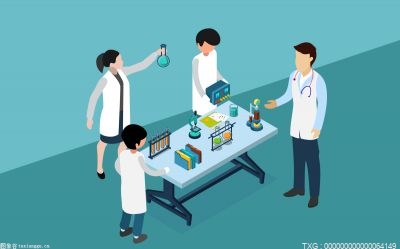
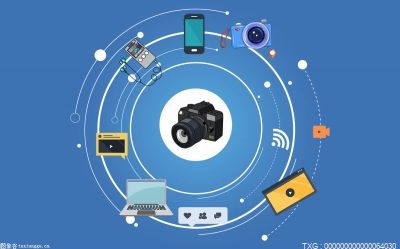

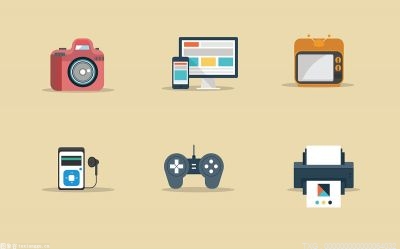
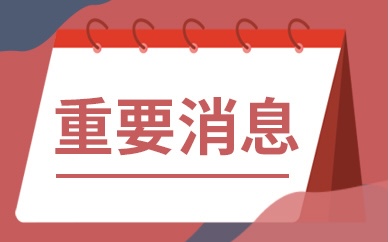


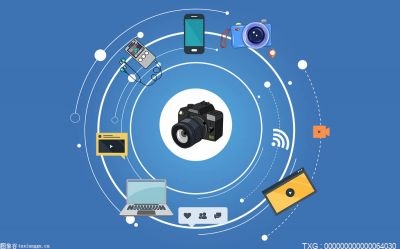

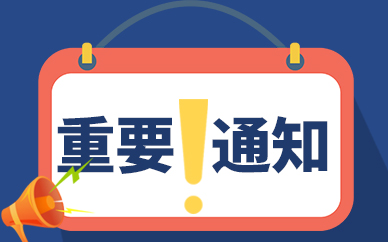





















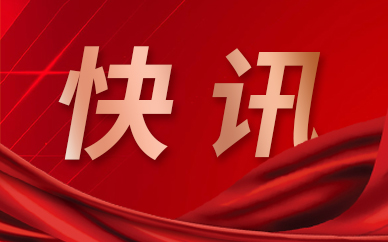






 营业执照公示信息
营业执照公示信息